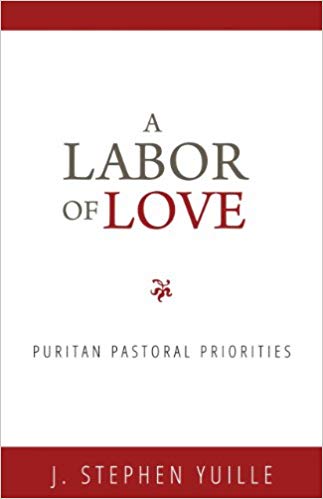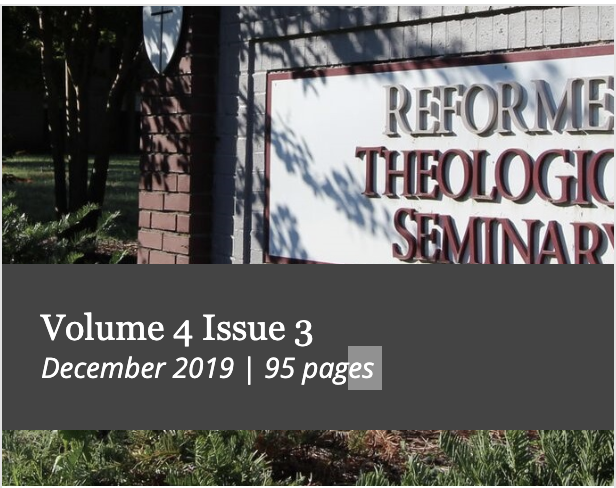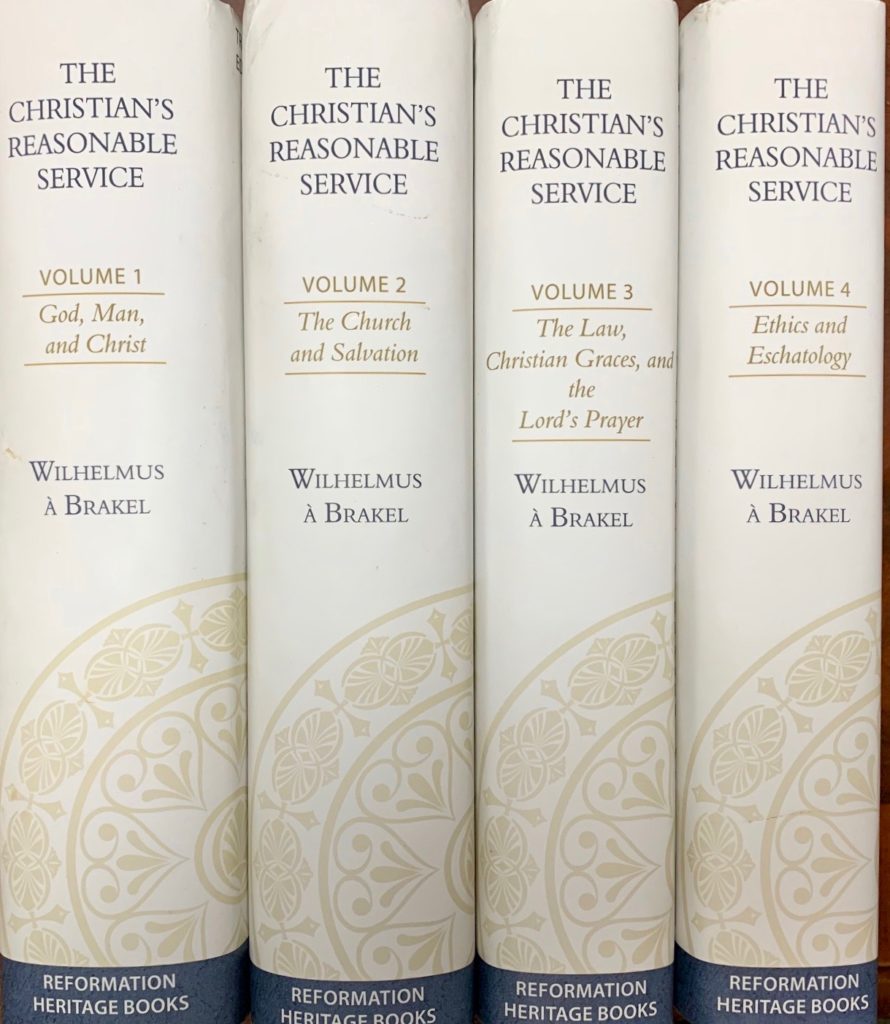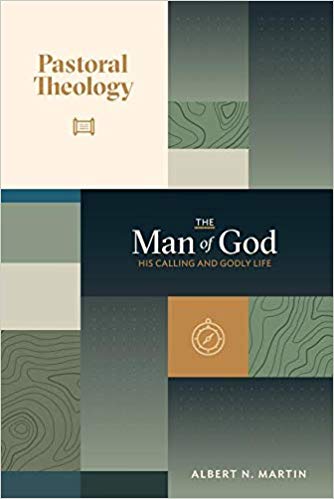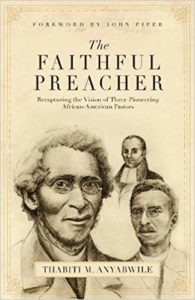Resources on Book Reviews
The Pastor’s Soul: The Call and Care of an Undershepherd, by Brian Croft and Jim Savastio. Welwyn Garden City, UK: EP Books, 2018, 160 pages, $11.99, paper. The good pastor lovingly looks after God’s sheep; it’s his duty, and he stands accountable to the Lord for those entrusted to his care. He finds satisfaction in his work as he becomes involved in the lives of his people. At times he rejoices with them—at other times, he weeps. He instructs the disciple, admonishes the erring, comforts the suffering, counsels the perplexed, and offers gospel hope to the despairing. Since God is for his elect people, the faithful pastor is for them, too. But even the most faithful pastor is in trouble…
Read MoreA Labor of Love: Puritan Pastoral Priorities, by J. Stephen Yuille, Grand Rapids: Reformation Heritage, 2013, x + 136 pages, $15.00, paper. Faithful ministers experience bouts of discouragement, some of them long and intensely painful. Our hearts go out to them: hard work and steadfast prayer have yielded little in the way of visible fruit. Their discouragement can be so severe that they lose sight of the nobility of their work—they are men sent by God to care for his blood-bought church. A second danger may come from the opposite direction: times of growth in God’s church produce pride. If ministers are not careful, they end up claiming for themselves the glory that belongs to God alone. Both…
Read MoreReview: “Pastoral Theology, Volume 1: The Man of God: His Calling and Godly Life”
Albert N. Martin, Pastoral Theology, Volume 1: The Man of God: His Calling and Godly Life. Montville, NJ: Trinity Pulpit Press, 2018. $42.95, clothbound. More than a century ago James Stalker warned: I believe the question, what is to be the type and the tone of the ministry in any generation, is decided in the theological seminaries. What the students are there, the ministers of the country will be by-and-by. . . The state of feeling in a theological seminary ought to be such, that any man living a life inconsistent with his future profession should feel thoroughly uncomfortable, and have the conviction driven in upon his conscience every day, that the ministry is no place for him (Yale…
Read MoreWhen I finish a book, I add it to my annual “books read” list. My 2019 list is at the end of this post. I don’t have a detailed reading plan – I select books based on interest and recommendations, as well as a desire to improve my cultural awareness. I also use commentaries, Bible dictionaries, and systematic theologies as I prepare two weekly sermons and lectures. Since I seldom read these cover-to-cover, few are found in my lists. 2019 Reading Highlights What follows are some of my 2019 reading highlights. Several of my comments come from booknotes I wrote earlier in the year. Every year, I read a few substantial volumes in theology. This year I chose Wilhelmus…
Read MoreAlbert N. Martin, The Man of God: His Calling and Godly Life. Trinity Pulpit Press, 2018. More than a century ago James Stalker warned: I believe the question, what is to be the type and the tone of the ministry in any generation, is decided in the theological seminaries. What the students are there, the ministers of the country will be by-and-by. . . The state of feeling in a theological seminary ought to be such, that any man living a life inconsistent with his future profession should feel thoroughly uncomfortable, and have the conviction driven in upon his conscience every day, that the ministry is no place for him. (Yale Preaching Lectures, 1891) If theological students are to live…
Read More(Earlier in the year, I posted a book review of The Faithful Preacher by Thabiti M. Anyabwile. It has now been published in the September issue of Reformed Theological Seminary’s online journal, Reformed Faith & Practice.) __________ One of my goals at RTS Jackson is to introduce students to the “neglected voices” of the evangelical church. I am not the best qualified to remedy this neglect, but have made it my habit to assign readings that will help. One such book is Thabiti Anyabwile’s The Faithful Preacher: Recapturing the Vision of Three Pioneering African-American Pastors (Wheaton: Crossway, 2007). The book presents biographical sketches of Lemuel Haynes, Daniel Payne, and Francis Grimké, along with selected writings. First, Lemuel Haynes. Born in 1753, he…
Read More